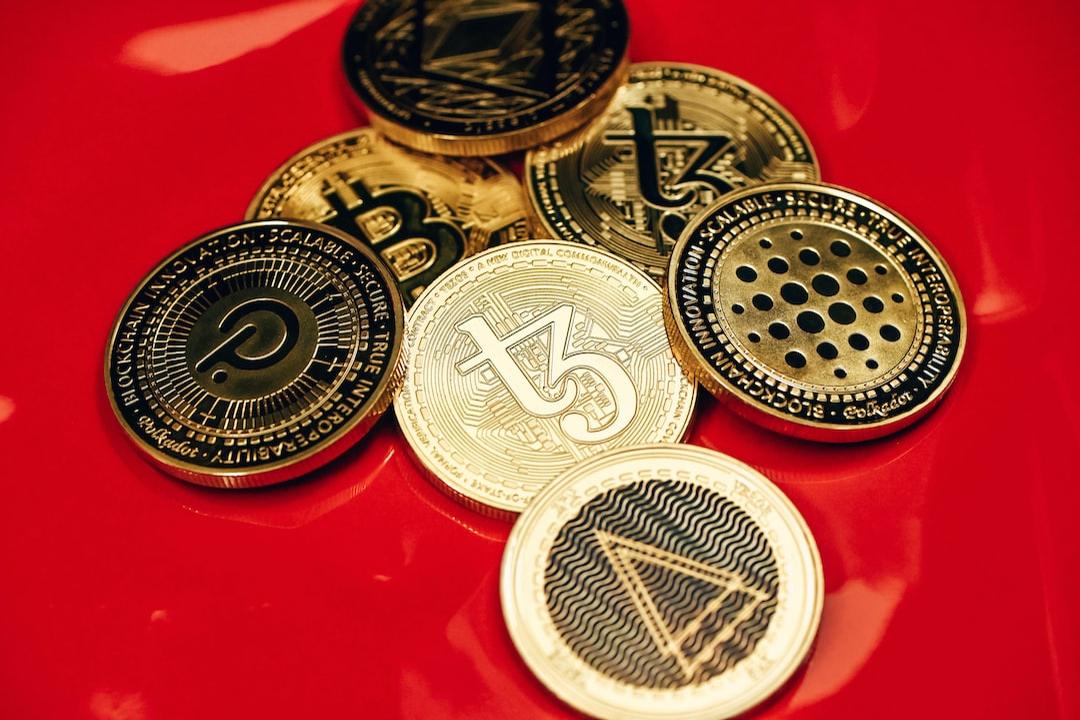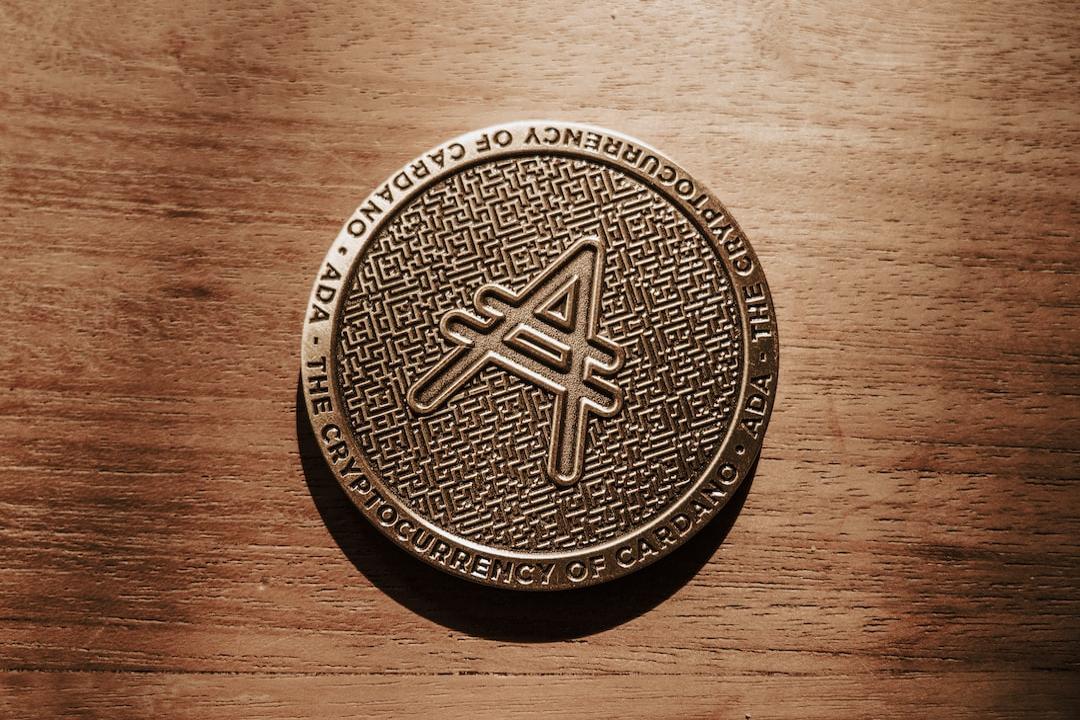The world’s largest asset management company, BlackRock, has recently announced its decision not to file for an exchange-traded fund (ETF) based on XRP or Solana

$
177, following the conclusion of the case between Ripple

$
3and the U.S. Securities and Exchange Commission (SEC). This decision was not surprising, as the firm had previously expressed similar sentiments.
BlackRock’s Stance on SOL and XRP ETFs
Ripple’s prolonged legal dispute with the SEC reaching a resolution increased investor expectations for ETF approvals. There were speculations in the market that major financial institutions like BlackRock might pursue an XRP-based ETF. Contrary to this expectation, BlackRock clarified it would not make any ETF applications based on XRP or Solana. Currently, BlackRock offers a limited number of cryptocurrency-based investment products. The company’s decision does not satisfy the anticipation for diversifying crypto offerings. The reluctance to apply for an ETF in this area is primarily due to the lack of substantial demand from their clients. This rationale was previously highlighted by high-ranking officials in the company.
Altcoin ETF Applications and BlackRock’s Strategy
The conclusion of the SEC and Ripple’s case helped clear some regulatory uncertainties in the cryptocurrency markets. Despite this, BlackRock’s decision not to file for an ETF stems solely from financial considerations. For ETF products, maintaining significant volume is crucial. Firms like BlackRock aim to avoid issuing products that do not attract volume. Through continuous communication and studies with their clients, they measure the demand for new products. When BlackRock applied for a BTC ETF, they cited strong client demand. The recent announcement aligns with their historical stance. They are not applying for an ETF because they do not believe in a sufficient volume on this product. Regulatory developments, the resolved lawsuit, or other reasons do not influence this decision. The sole motivation is profit. If BlackRock does apply for an altcoin ETF, it would only be because they believe in its profitability, potentially for an altcoin that attracts “consistent institutional demand” beyond ETH. Consequently, BlackRock’s decision not to pursue XRP or Solana-based ETF applications suggests that expectations for the rapid proliferation of new products in the crypto asset markets cannot be met in the short term. While investors and industry experts may speculate that major funds like BlackRock might revisit their positions based on market developments and regulatory progression, it is essential to remember that the primary motivation remains “profit-making.”


